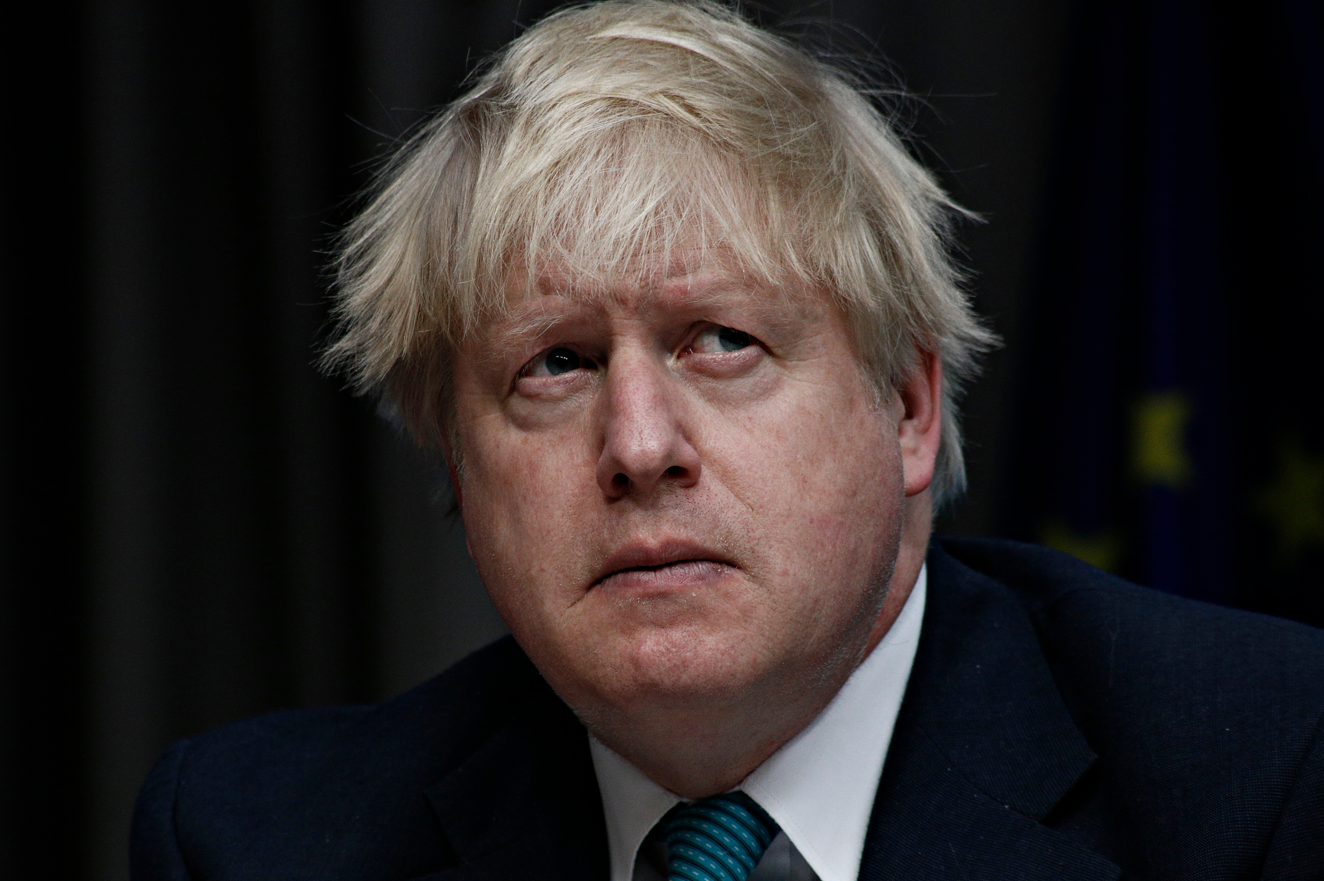London, (Parliament Politics Magazine) – As I discovered when supplying polling to John Major’s beleaguered administration in the mid-1990s, political parties on a path to defeat become incapable of taking the risks necessary to change their destiny. Party bosses cease to think about the corporate good in favour of saving their own political skins, with objective analysis giving way to desperation and resignation to defeat.
Boris Johnson’s Conservatives are not quite at that point yet, but his continuing presence as leader renders them vulnerable to a Sisyphean loop on the naughty step, in the last chance saloon, until the next set of local elections, party conference, Christmas or whatever.
Last month’s locals gave the gloomiest outlook yet for the Tories. Boris Johnson was supposed to be their greatest electoral asset yet numerous candidates across the country disagreed.
We are, of course, in uncharted waters politically. Many of us on election night 2019, after a sensational win, expected the 2020s to be the decade of Conservative hegemony. In contrast, today’s perspective is that we have a governing party which has been in power for more than a decade, raised the tax burden to its highest in 70 years, overseen the worst cost of living crisis in a generation, locked down the entire population while proceeding to make Downing Street the most fined address in the country for breaching its own rules, while its own MPs seem hell-bent on triggering successive by-elections by virtue of their sexual incontinence.
Boris Johnson’s own credibility has gone from hero to zero with a competence rating so low that, according to one poll, barely only in seven would trust him even to assemble flat-packed furniture. Which would all be very entertaining were the country not being pulled into a proxy war against a major nuclear power while millions of people at home struggle to make ends meet.
Received wisdom, based on the Party’s current travails, would point to a looming 1997-scale defeat for the Tories with the prospect of being out of power for a decade at least. Yet the Labour Party of 2022 is a far cry from its 1997 counterpart. Popular history has been harsh on Tony Blair but we need to remember that for every two supporters Labour has under Keir Starmer (or Jeremy Corbyn at his most popular), they had three in the mid-1990s.
Yet Labour now outperform the Tories on almost every measure – including law & order and the economy – so what’s gone so badly wrong for Keir Starmer that he cannot capitalise on the worst crisis ever to hit the Conservative Party?
May’s local elections gave us a clue. Both Labour and the Tories lost control of more councils than they gained compared to 2018 when those seats were last up for election. Labour’s National Equivalent share of the vote (NEV), compiled by Rallings & Thrashers, put the Party on 35%, up give percentage points from 2021 but well short of the equivalent NEV of 44% under Blair in 1997.
Having lost Scotland, Labour’s support is now more concentrated both regionally and demographically. Yet by concentrating gains in areas where Labour were already doing ok, support becomes piled up in the wrong areas for gains to be made easily. London may now be a Labour city, but they need that support elsewhere in order to stand a chance of power.
Starmer’s woes are down due in part to the legacy of Brexit because his resigned acceptance of it has been visibly reluctant. It may be ancient history to many, nonetheless in Red Wall seats this has added to the sense that Labour is ostensibly run by posh southerners.
Labour are also deaf to the values of its working class base when it comes to culture wars. The Party’s frontbench inability to define ‘woman’ will understandably have gone down in Red Wall seats like a warm plate of vomit.
There are only three possible elections slogans that parties tend to campaign on. The first is that it’s “time for a change”. The worked so well for Labour support in 1997, after 18 years in Opposition, and with a leader whose only focus was election winning, that it delivered a landslide majority of 179. That is much harder for Labour to argue today. ‘Beergate’ undermined claims to be the party of integrity. On Covid, Labour supported not opposed the Government, so they shared in the pain of mistakes made, while the Tories claim the credit for the successful vaccination roll-out.
The second slogan is “let us finish what we started”. That was broadly the Tories’ 2019 plea: let’s get Brexit done and put the country out of its misery. It will not work next time.
The third slogan is “don’t let the other lot mess it up”, which is pretty much the only option the Tories have left. It worked for Margaret Thatcher in 1983 and 1987, and (just about) for John Major in 1992. Whether it will work for Boris Johnson against Keir Starmer is anyone’s guess.
However events unfold, we can be reasonable confident that the next election will be fought using new boundaries and these are expected to give the Tories an advantage of between five and 10 additional seats. Given the current trajectory, even though the fat lady isn’t quite yet singing, the Tories are likely to need every one of those new seats that they can muster.
Andrew Hawkins is Director of the campaign platform www.democracythree.org and was Founder and Chairman of the polling firm ComRes
Twitter @pigsandpolling

